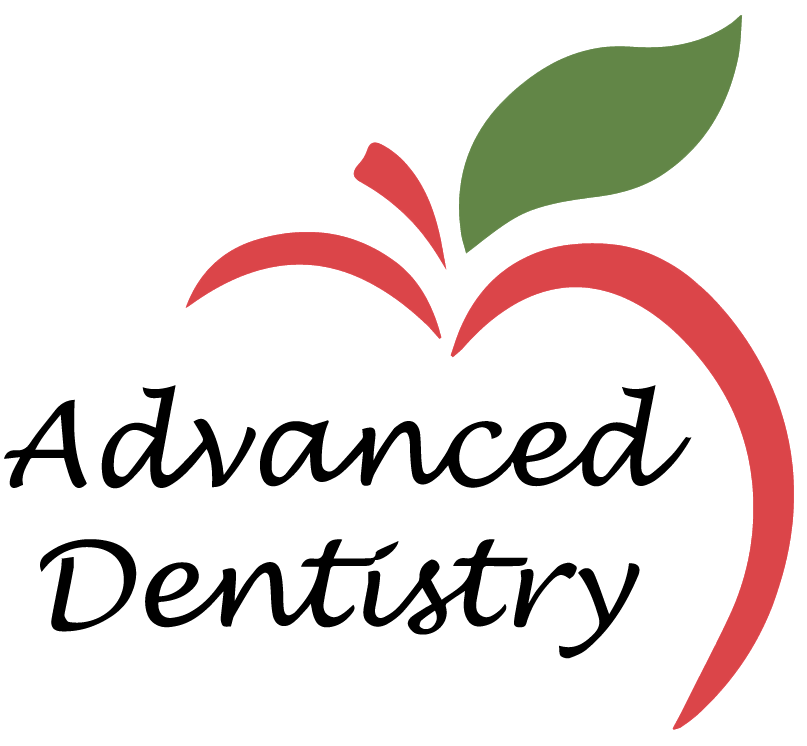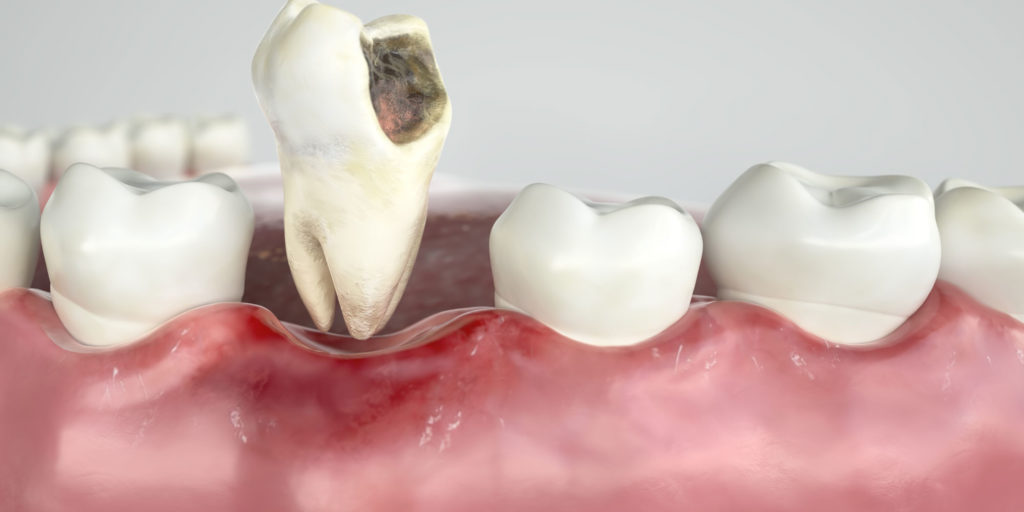
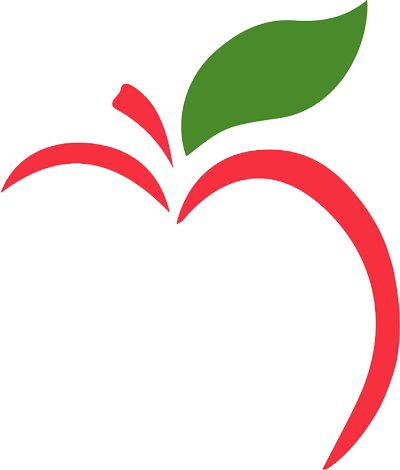
Relieve Tooth Pain with Tooth Extractions at Advanced Dentistry Ameredes & Associates.
Are you experiencing persistent tooth pain or discomfort? At Advanced Dentistry Ameredes & Associates, we understand the importance of preserving your natural, permanent teeth whenever possible. However, in certain situations, tooth extraction may be the best solution to restore your oral health, protect your other teeth, and alleviate suffering.
Learn more about our tooth extraction services from our dentist and how you may benefit by dialing our Oakdale, PA, office at 412-788-6300. Patients who want to get in touch with our Seven Fields office can call 724-776-4560. You can also learn more about having a tooth pulled by reading the helpful guide below.
What Is Tooth Extraction?
Tooth extraction, also known as dental extraction and tooth removal, is a dental procedure that involves the removal of a tooth from its socket in the jawbone. your Seven Fields or Oakdale dentist may perform tooth extractions for various reasons, including severe tooth decay, gum disease, overcrowding, or impacted teeth. There are two main types of tooth extraction: non-surgical and surgical.
Non-surgical tooth extraction is performed when the tooth is visible above the gum line and accessible. During a non-surgical dental extraction, one of our dentists will gently loosen and remove the tooth using specialized instruments.
Surgical tooth extraction is performed in cases where the tooth is impacted (partially or fully trapped beneath the gum tissue or bone), and surgical extraction is required. This surgical procedure involves making an incision in the gum to access and remove the tooth. A surgical extraction is often used for the removal of wisdom teeth.
Wisdom teeth, also known as third molars, are the last teeth to erupt in the mouth. Wisdom teeth often cause problems due to their positioning and lack of space, leading to tooth impaction or crowding. Dental extraction for third molars that are causing overcrowding or impacted wisdom teeth is a common procedure performed to prevent complications and alleviate pain or discomfort.
Benefits of Tooth Extraction
Relief from Pain and Discomfort
Tooth extraction provides immediate relief from the persistent, sometimes severe pain and discomfort caused by damaged or infected teeth. By removing the source of the problem, patients experience a significant reduction in their discomfort, allowing them to regain normal oral function and enjoy a better quality of life.
Prevention of Infection Spread
Extracting a problematic tooth helps prevent the spread of infection to surrounding teeth and the jawbone. This proactive approach not only eliminates the risk of further complications, such as abscesses or cysts but also preserves the overall health of the oral cavity, reducing the need for more extensive treatments in the future.
Facilitation of Orthodontic Treatment
In some cases, tooth extraction is necessary to create space for orthodontic treatment or to facilitate proper tooth alignment. By removing overcrowded or misaligned teeth with dental extractions, dentists can help ensure a straighter and healthier smile for the patient. This improves both the aesthetic appearance and functionality of the teeth, enhancing overall oral health and confidence.
Promotion of Oral Hygiene
Removing severely damaged or decayed teeth through dental extraction can improve oral hygiene by eliminating hiding spots for bacteria and plaque accumulation, reducing the risk of periodontal disease and cavities.
Enhancement of Overall Health
Tooth extraction may contribute to better overall health by removing sources of chronic infection or inflammation in the mouth, which can have systemic effects on the body. In certain cases, tooth extraction can lead to improved immune function and overall well-being.
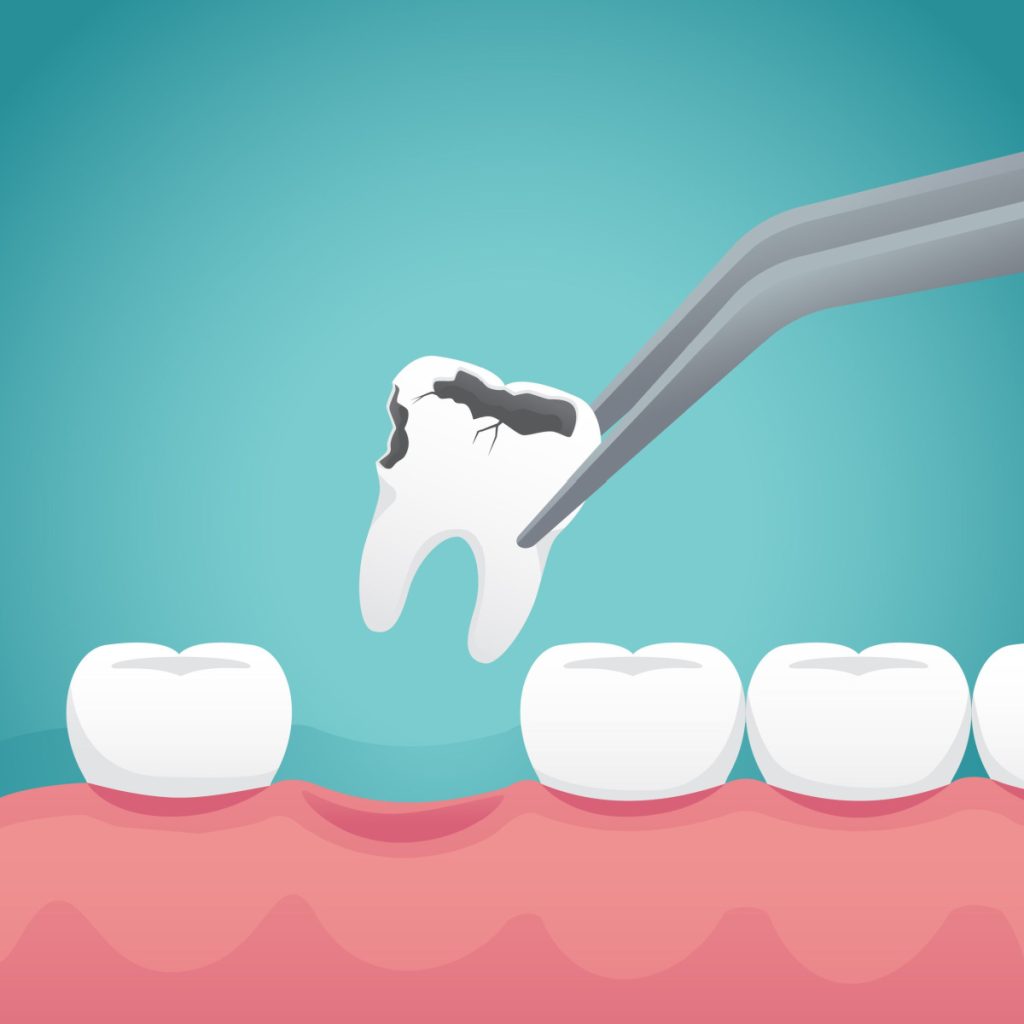
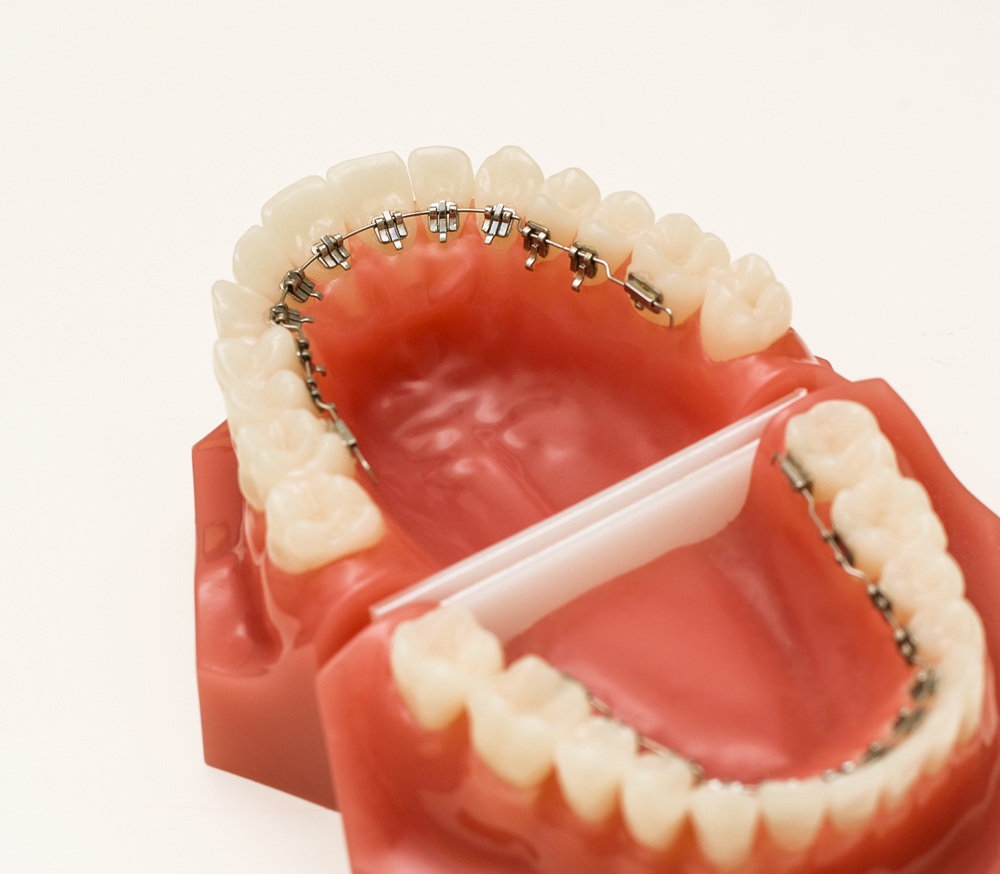
Reasons You May Need Tooth Extraction Services
You may need to have a tooth pulled at our Seven Fields or Oakdale offices if any of the following apply to you:
- Severe tooth decay in permanent teeth that cannot be repaired with a dental filling or dental crown
- Gum disease that has caused significant bone loss around the permanent teeth
- Impacted or overcrowded teeth that are affecting the proper positioning of other teeth
- Fractured teeth or cracked teeth that cannot be saved with root canal treatment
- Preparation for orthodontic treatment or dental implants
- Wisdom teeth that are causing pain, infection, or crowding
If you’re dealing with any of the symptoms mentioned above, contact our dentists for a consultation, so you can learn if dental extraction is right for you.
The Tooth Extraction Process
Consultation
Your tooth extraction journey begins with a comprehensive consultation with your Seven Fields or Oakdale dentist. We’ll assess your oral health, discuss your concerns, and determine if tooth extraction is the best treatment option. Your consultation is a great time to ask any questions or voice any concerns you may have.
Treatment Planning
Based on your individual needs, your dentist will create a personalized dental treatment plan. This may involve taking X-rays or 3D scans to evaluate the tooth’s position and surrounding structures. We can also guide you in choosing possible tooth replacement options as part of your dental treatment, such as dental implants.
Preparation
If you’re undergoing a surgical extraction, your dentist may provide instructions on how to prepare for having a tooth pulled, such as dietary restrictions or medication adjustments. The procedure will be carried out using local anesthetic to ensure your comfort throughout the process. Sedation dentistry options are also available to further ensure you stay calm and relaxed when having your tooth pulled.
Surgical or Non-Surgical Tooth Extraction
Depending on the complexity of your case, our dentist will perform either a non-surgical or surgical tooth extraction. For a non-surgical extraction, your dentist loosens the tooth from the tooth root with dental tools. Then, the tooth will be gently removed from the gum tissue. For surgical extractions, your dentist will make a small incision into the gum tissue to fully expose the tooth. The tooth may be broken into pieces to make it easier to remove.
After tooth removal, the extraction site is cleansed. In the case of surgical dental extractions, sutures may be placed to help the tooth socket close properly. If you’re having dental implants installed, your dentist will proceed to place your implant into the empty tooth socket.
Tooth Extraction Aftercare
To heal properly after your tooth extraction, our dentists recommend the following:
- Follow Post-Operative Instructions: After having a tooth pulled, adhere closely to the instructions provided by your dentist. This may include information on medications, diet restrictions, and oral hygiene practices.
- Apply Ice Packs: Use ice packs on the outside of your face near the extraction site to reduce swelling and alleviate discomfort. Apply the ice for about 20 minutes at a time, with breaks in between.
- Take Prescribed Pain Medication: If your dentist has prescribed pain medication, take it as directed to manage any discomfort. Do not exceed the recommended dosage, and call your dentist if you have any concerns or side effects.
- Avoid Smoking and Drinking Through Straws: Refrain from smoking and drinking through straws for at least the first 24 hours after extraction. These actions can dislodge the blood clot or clots from the extraction site, and hinder the healing process.
- Avoid Hot or Hard Foods: Stick to soft, cool foods for the first few days following the extraction. Avoid hot liquids and hard, crunchy foods that could irritate the extraction site or cause discomfort.
- Rinse with Warm Salt Water: Gently rinse your mouth with warm salt water multiple times a day, especially after meals, to help cleanse the extraction site, promote healing, and reduce the risk of infection. Mix about half a teaspoon of salt into a cup of warm water.
- Attend Follow-Up Appointments: Make sure to attend any follow-up appointments scheduled by your dentist. These appointments are crucial for monitoring your healing progress and addressing any concerns or complications that may arise.
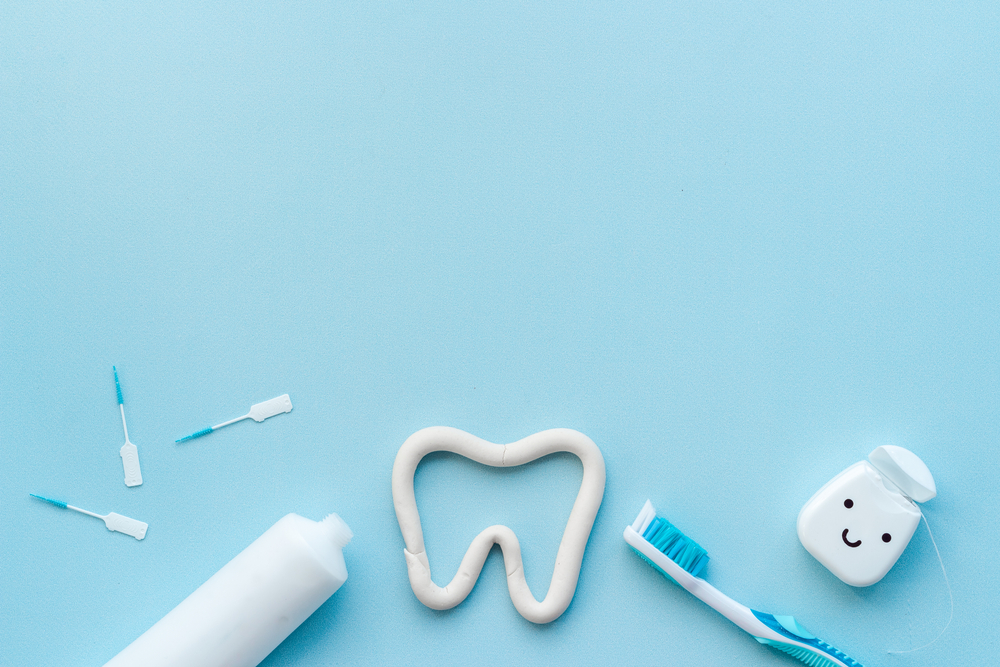


Frequently Asked Questions
While some discomfort is expected after dental extractions, your dentist will ensure that you remain comfortable throughout the extraction process by administering appropriate anesthesia. Proper aftercare and pain management techniques will also help minimize any potential discomfort during the recovery period after tooth extraction.
Recovery time varies depending on the type of extraction and individual healing factors. Most patients experience minimal discomfort and swelling for a few days after a non-surgical extraction, while surgical extractions may require a longer recovery period of up to a week or more.
While tooth extraction is a routine dental procedure, there are potential risks, including excessive bleeding, infection, or nerve damage. However, these risks are minimized when the procedure is performed by an experienced dentist who follows proper protocols and techniques.
It is recommended to avoid eating or drinking for at least an hour after the extraction. Your dentist will provide specific instructions on when you can resume your normal diet and what types of foods to consume during the initial recovery period.
Schedule Your Tooth Extraction Consultation Today!
If you live in Seven Fields, PA, Oakdale, PA, or the surrounding areas such as Cranberry, Bridgeville, and Canonsburg, PA, don’t let dental issues compromise your oral health any longer. Contact Advanced Dentistry Ameredes & Associates today and take the first step towards a healthier, more confident smile.
For our Oakdale office, patients can reach us at 412-788-6300. For our Seven Fields location, patients can call 724-776-4560. Experience the personalized care and expertise of your local Seven Fields or Oakdale dentist, and reclaim your oral health with our gentle, effective tooth extractions.
